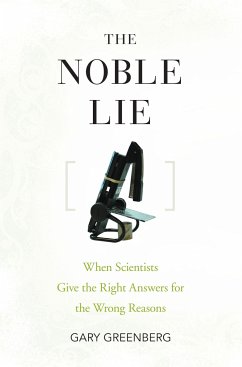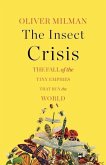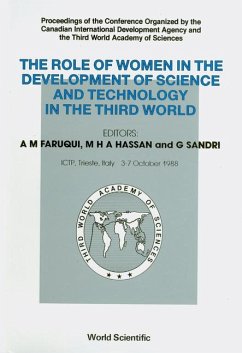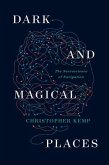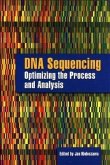"What is an illness? What is good health? What, for that matter, is medical science really for? Greenberg will make you think about these questions in ways that I'm willing to bet you haven't. Along the way, he will enlighten and amuse and provoke you in equal measure. A wonderful book from a terrific writer." -William Finnegan, author of Cold New World: Growing Up in a Harder Country When a doctor tells you that you have bronchitis and should take an antibiotic, you'd probably say that this is an unbiased medical opinion based on an impartial reading of your symptoms, and it makes sense for you to follow your physician's advice. Should you have the same confidence if you are diagnosed with depression and told to take antidepressants, or informed that a loved one is brain-dead and it's time to harvest her organs for transplant? In The Noble Lie, acclaimed and controversial science writer Gary Greenberg takes a penetrating look at common and accepted medical practices and opinions that, while they may be beneficial for society and help us deal with the unfathomable, are essentially the product of moral judgments and not supported by scientific evidence. In a series of riveting true stories, Greenberg examines the processes through which alcoholism and depression came to be accepted as diseases, asks why serial killer Ted Kaczynski was diagnosed as schizophrenic, and examines medical pronouncements on when life begins and ends. He also explains why there is no proof that homosexuality is genetic, and there never will be. These real-life science fictions may be well intentioned, but do they cause more harm than good? Read The Noble Lie, then judge for yourself.
Hinweis: Dieser Artikel kann nur an eine deutsche Lieferadresse ausgeliefert werden.
Hinweis: Dieser Artikel kann nur an eine deutsche Lieferadresse ausgeliefert werden.
"Has science replaced religion for a modern society unwilling to bear moral responsibility? Questions of life and death lie in doctors' hands. Even a diagnosis, says science writer and psychologist Greenberg, is a moral statement: the doctor is "telling you what's wrong with your life and how to fix it." This unconvincing statement exemplifies Greenberg's difficulties in his muddled attempt to grapple with our faith in scientific truth. Diseases are invented, not discovered, he claims. By exploring various medical issues--such as addiction, depression, brain death--he tries to demonstrate that "deciding which suffering should be relieved and how is not as simple as applying a stethoscope to a chest"--hardly an original idea. The truth becomes a casualty of organized medicine's need to provide relief to all who say they are suffering, and that need is institutionalized and commercialized by structures like the FDA and the drug industry. The "noble lie" inherent in the treatments offered for common diagnoses can't last, says the author. But while Greenberg's questions about the scientific validity of medical research and treatments are urgent, they have been explored more capably and cogently elsewhere. (Sept.)" (Publishers Weekly, July 28, 2007)

